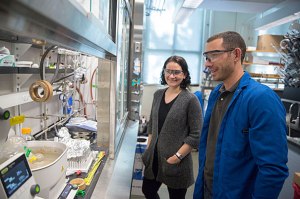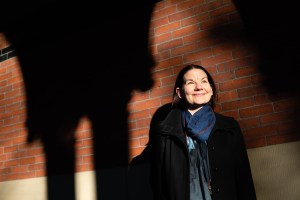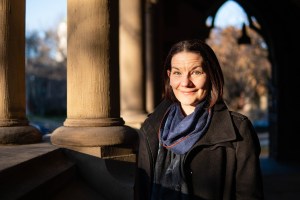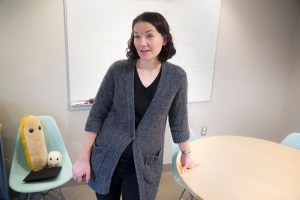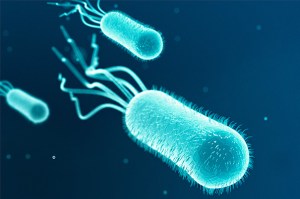Tag: Emily Balskus
-
Health
Vaginal bacteria must eat to survive — but how?
Chemical analysis brings understudied microbiome into sharper focus.
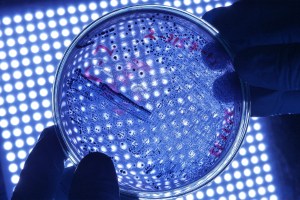
-
Campus & Community
7 from Harvard among new Howard Hughes Medical Institute investigators
Seven Harvard affiliates are among 33 scientists from across the United States to be appointed as investigators by the Howard Hughes Medical Institute.
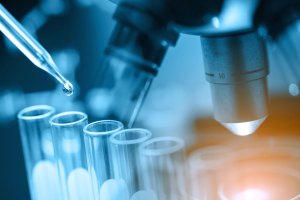
-
Science & Tech
The ‘right’ diet
Professor Emily Balskus and her team have identified an entirely new class of enzymes that degrade chemicals essential for neurological health, but also help digest foods like nuts, berries, and tea, releasing nutrients that may impact human health.
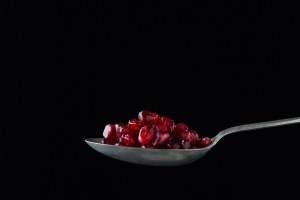
-
Campus & Community
Harvard microbe hunter wins Blavatnik Award
Emily Balskus will be honored on Sept. 23 with the Blavatnik National Award for Young Scientists for her work in tracking never-before-seen chemistry to specific bacteria in the human gut.
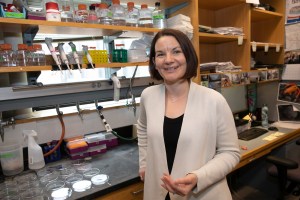
-
Health
Gut microbes eat our medication
Study published in Science shows that gut microbes can chew up medications, with serious side effects.
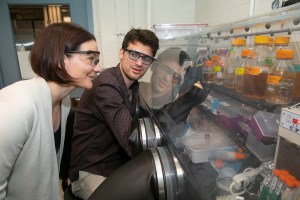
-
Science & Tech
Solving colibactin’s code
In an effort to understand how colibactin, a compound produced by certain strains of E. coli, may be connected to the development of colorectal cancer, Harvard researchers are exploring how the compound damages DNA to produce DNA adducts.
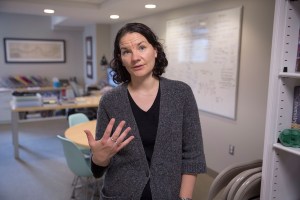
-
Science & Tech
Microbial manufacturing
Emily Balskus and a team of researchers untangled how soil bacteria are able to manufacture streptozotocin, an antibiotic and anti-cancer compound.
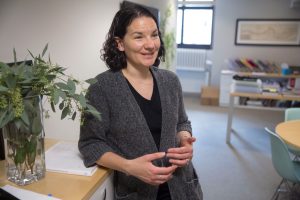
-
Health
Gut details
New findings have the potential to help researchers more accurately identify microbiome enzymes and quantify their relative abundance.
